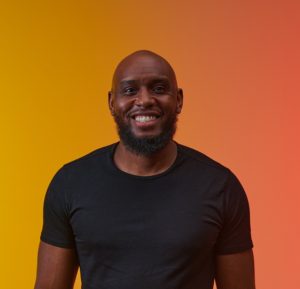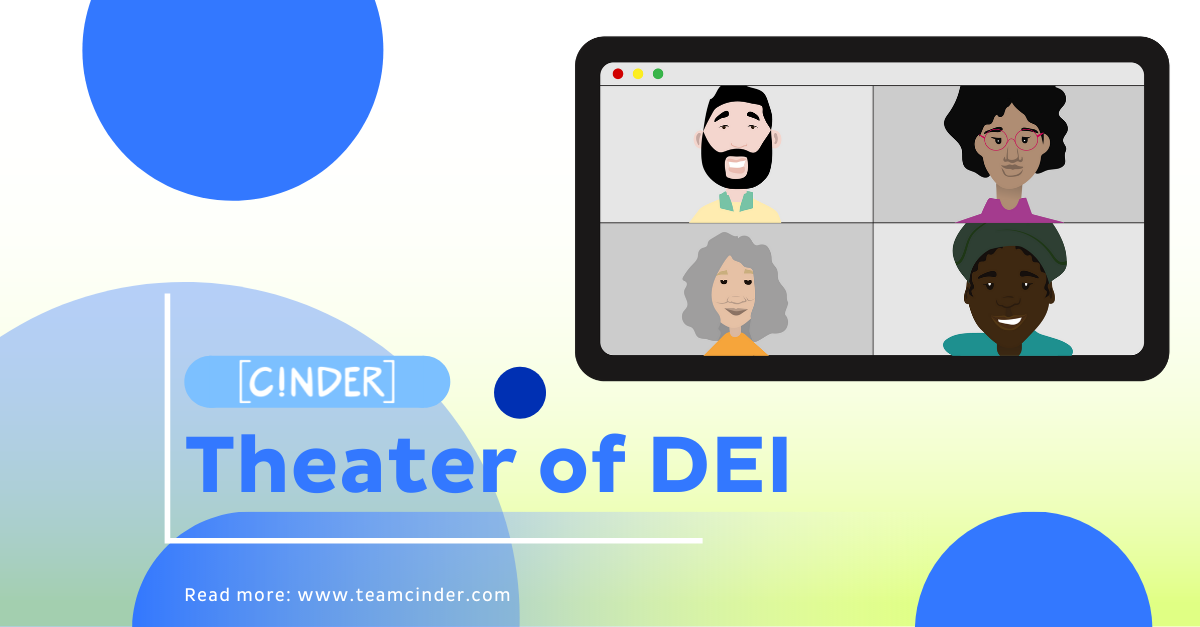First, let’s admit – many of us are trying our best. Our best, meaning we hold a sense of urgency in how we personally, interpersonally, and institutionally disrupt and transform systems and relationships that have been historically oppressive, especially around race, gender, class, and an evolving list of diverse human realities. Our best has led us to challenge our society and our organizations to do better. Unfortunately, for far too many people “our best” was animated after seeing the murder of George Floyd. Which is to say, prior to that moment the dehumanizing conditions of many racialized and marginalized groups (for centuries!) did not disturb the humanity of a significant segment of our society. Clearly that’s problematic and worthy of interrogation at another place and time. At the moment, let’s address the deep concern surrounding the posture and orientation associated with organizations engaged in diversity, equity, and inclusion work.
As we engage in this critique, we are mindful that there are many ways to do this work. Context is everything, we’re all at different places in the journey – add a few more cliches, but keep in mind that the thesis for this work is to significantly reduce the harm, not perpetuate it or consistently fail to disrupt it.
Many organizations and people have taken a hobbyist approach to diversity, equity, and inclusion. Hobbies are typically activities you might do for pleasure and enjoyment in your spare time. Too often, hobbies are simply ignored due to a lack of time or maybe the initial interest was momentary. This approach is invalid yet common among organizations that engage in diversity, equity, and inclusion work. We can further define this approach by assessing the excuses one might develop for an absence of engagement in a hobby. For example, the absence of a budget might signal a lack of research, planning, and prioritization, among other things. Again, this approach is common practice to diversity, equity, and inclusion efforts.
As well-intended as these efforts might be, a hobbyist approach unfortunately creates an economy of errors that our team has come to recognize as the “Theater of DEI”. In our next posts, we will be taking a deeper dive on this dynamic to help you identify these errors and share interventions to better serve communities, organizations, and individuals. If you want to stay up to date on our latest articles and upcoming events, be sure to join our newsletter.

Marcus Carter II (he/him)
As a speaker, equity consultant, and organizer, Marcus is dedicated to transforming the cultural, material, and systemic conditions of our workplace and society. In addition to being Cinder’s Director of Social Equity, he is engaged with various equity, justice, and liberation projects locally and nationally. He serves as a board member with Portland Workforce Alliance, Free Geek, and Oregon Entrepreneurs Networks (OEN).
